News - Advertising
From Feeding Egos to Creating Strategies
by Jad Haidar
October 14, 2015
.jpg) Advertisement
AdvertisementHow long have you been in advertising and why did you leave?
I never left because advertising is not an industry, rather a small part of a business called communication. Instead, I changed paths because advertising had become too crowded and unprotected in the sense that anyone could enter and compete irrespective of qualification. Despite my best efforts, which the various roles afforded me, I could do nothing about this matter. From the get-go I saw this coming, which was right after I joined the field in the late eighties early nineties. I worked so hard that I became president of the advertising syndicate believing that the position would allow me to introduce a protective mechanism or charter based on international standards of practice called the professional ethical chart of the ad business. We voted it into the syndicate as an indivisible part of the profession’s bi-laws with a commission to penalise transgression. That lasted two weeks when some colleagues of mine sued me for inciting unfair competition.
Advertising had become too crowded and unprotected in the sense that anyone could enter and compete irrespective of qualification.
That was my first disappointment. The second blow came when I was heading Saatchi & Saatchi as CEO and was promised partial access to the GCC market when Publicis bought the network and opted to only invest in Leo Burnett so as not to spread its resources too thin. So, and seeing how location, location, location is pertinent, I repositioned my abilities within the communication sector for a more suitable fit.
On the personal or egoistic dimension, I got this fantastic idea of changing the way I do business. In other words, instead of being a pharmacist selling drugs behind the counter, I wanted to be the doctor writing the prescriptions. In the former, the patient (client) who enters your door looking for a remedy, leaves with a bag containing over half a dozen different medications while in the latter, he exits with one or two products, which are more efficient and exacting. This allowed me to be more immune from falling into the temptation and in turn became more credible as a professional.
Simply put, I did not leave the industry, I merely moved from the second train wagon to the first and am riding shotgun now evidenced by the fact that there about four communication consultancies today and ours is the leading one in the GCC region.
What are the things you miss about advertising and what of consultancy?
I miss the adrenalin, which exists in abundance under license to be irresponsible in a sense. The fun factor dominates both social interactions and the work environment. My former business partner Eli Khoury and I came up with a line to describe advertising that says, “Pleasure doing business.”
In consultancy however, there is more satisfaction to be had because it truly is ‘A business with pleasure’. Yet the biggest difference goes back to authenticity. In advertising I was faking an orgasm but in consultancy I have it normally!
What are the tools you’ve previously acquired and still use?
The toolbox is not very different. The real difference is the way these same tools are used. In advertising you pretend to be doing things, which in reality you are not; an impossibility in consultancy. Back in the day, some colleagues of mine including myself weren’t honouring what we were pretending to be doing. However, in this line of business, there is no fooling around because you are selling arguments and strategies based on facts, figures and research.
In that regard, the toolbox in advertising is abused while in consultancy it is used.
How did you get into advertising?
For as long as I can remember, I have had the ability to communicate my thoughts and ideas in an exceptionally conniving manner. By 1971, when I was 19 and about to enroll at AUB, I took the bold step of going for a degree in mass communication. It was something I did not dare tell my father because he would not have paid the tuition as he considered that domain to be an utter waste of time and would leave me starving. When I finally spilled the beans few weeks prior to graduation he realised that it was futile to get angry and so just brushed away the matter in silent discontent until the day Walid Azzi walked into his shop and changed everything.
My father was a car salesman and Walid became one of his most respected clients. He had just arrived from the United States and was walking with swagger and talking with an American accent. He was the one who inspired me to get into the business. Prior to that he had met with such success that it literally altered my father’s opinion of the communication industry. After the first meeting with him, my father, on a beautiful summer day in Aley, returns home and tells me about this man and explains that he no longer sees the communication industry as a waste of time and that I had made the right choice so long as I manage to become as successful as Walid.
On that day, Walid bought, from my father the newest Pontiac Firebird car, which further emphasised the lucrative opportunities an intelligent person in this profession can have. This is how he and I became friends. He also is the first business connection I made at the age of 21. During that period he was general manager of Al Hayat Group, which included (Al Hayat Arabic daily, Daily Star English daily, Prodeco PR, and research company MEMRY). Despite all these factors, I still had doubt and a little fear of entering the business so opted to pursue a masters degree while teaching languages at a couple of local schools.
In my mind, I was bent on entering the realm of media rather than advertising. I was making enough money to rent my own flat, drive my own car and pay for my postgraduate degree. I was also putting some money aside. At that time, the most famous sector on the media scene was PAN Arab media comprised of a collection of magazines printed and published in Lebanon and exported to the entire Middle East.
I was young, full of aspiration and had the desire to change the world driving me to wonder whether these publications were the portal to that end or merely a reflection of that wish. It was the biggest question I had been contemplating at that time and hoping to find an answer, I wrote my thesis about it.
Nabil Dajjani who had concluded his mandate as AUB’s alumni president read my thesis and advised me to meet with the heads of those publications and arranged some private time with them to afford me practical knowledge rather than theoretical experience.
All of them, to a large degree, advised me against entering this business by proposing two options. The first would be to become an underpaid journalist who is told what to write based on the publication’s political affiliations irrespective of my convictions and beliefs. The other would be to become an adman because that is the industry fueling the publications’ revenue source and is in no way politically biased so I could be free to operate. It was a clean way to make money while working in the media industry.
The first option, as was explained to me scared the living day lights out of me. I felt like being raped and quite frankly, I do not appreciate being raped, so I entered advertising!
That is also why, till this day, and because I have always had a passion for this profession, I compensate and practice it by writing books and articles knowing that it can never be more than a hobby in this part of the world.
After everything that has come to pass, I can confidently say I got the best of both worlds, which was by pure luck. The great thing about my exit, was revealed to me later after I learned what had happened to the business. The business I loved and gave fifteen years of my life to was based on passion. It was based on people who adored words, pictures, ideas, daring, and boldness. Today, this advertising business is only lead by glorified accountants and no longer has anything to do with what I used to enjoy. They are treated like monarchs who are infallible killing everything meaningful by shifting the business into something I do not recognise anymore. Looking back, I consider myself lucky to have been part of an industry that was inspiring and if I had not left when I did, I certainly would have for other reasons, which is exactly why I have no regrets.


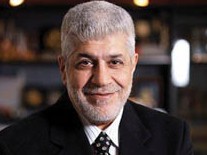
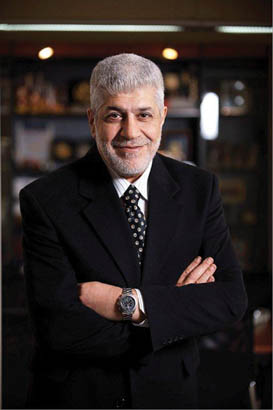
.jpg)
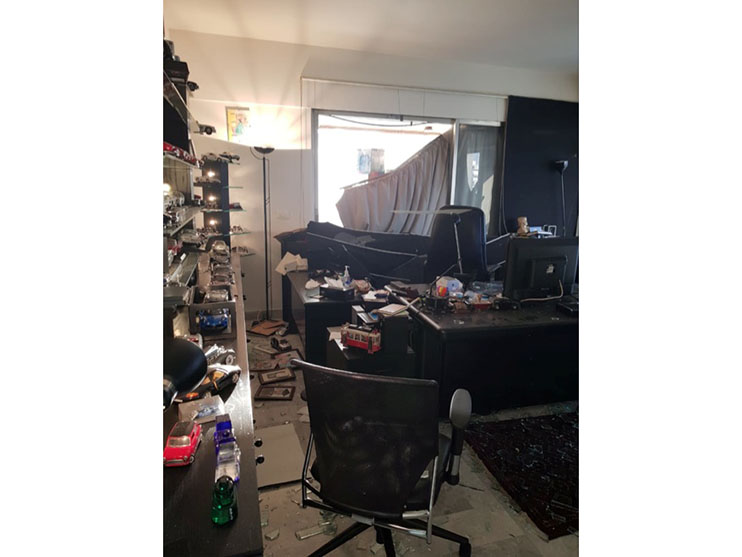
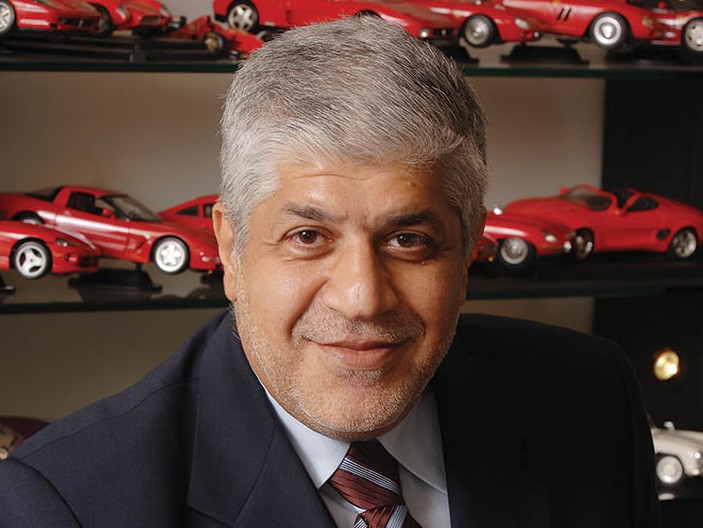

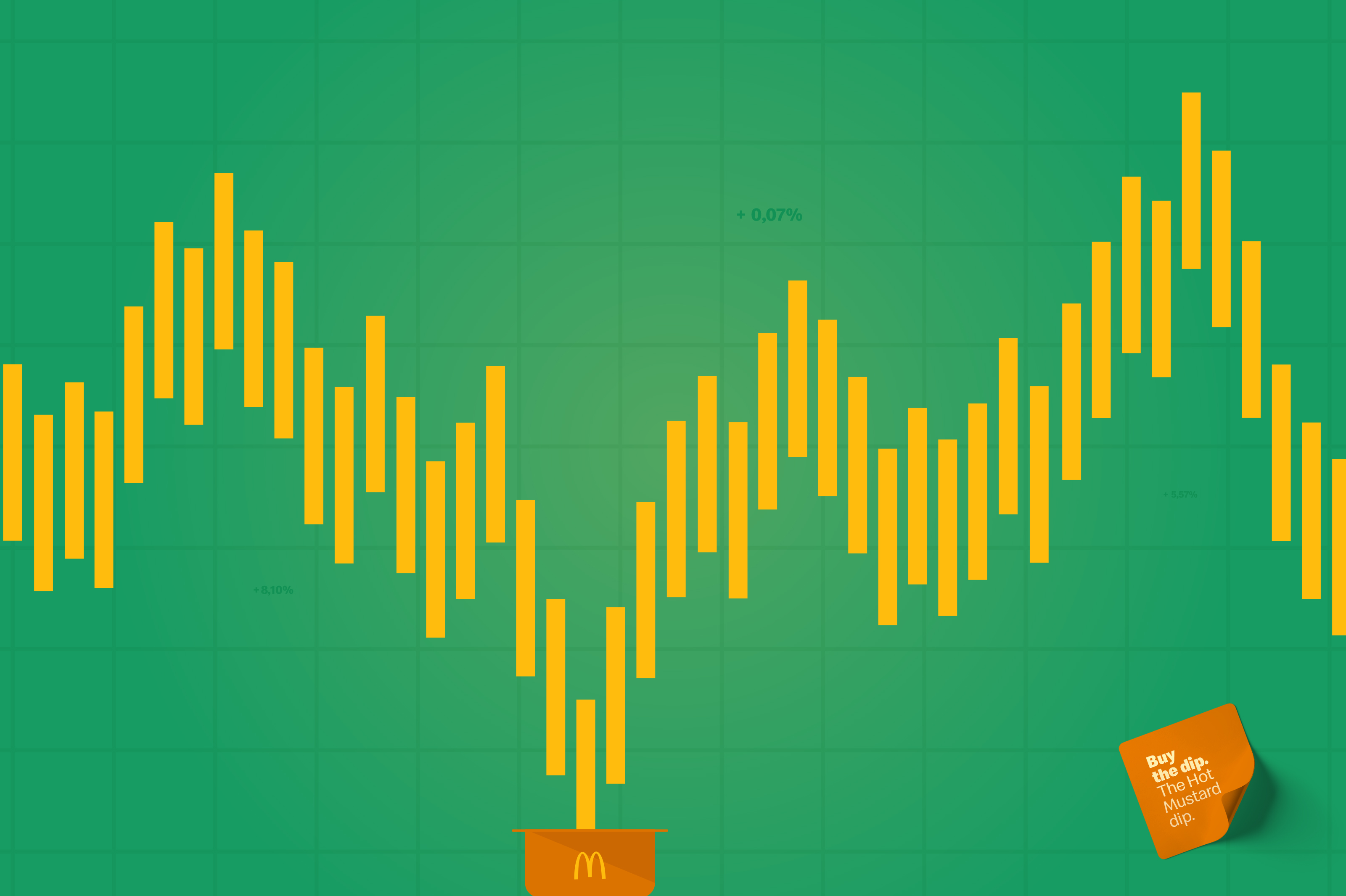
.jpg)




